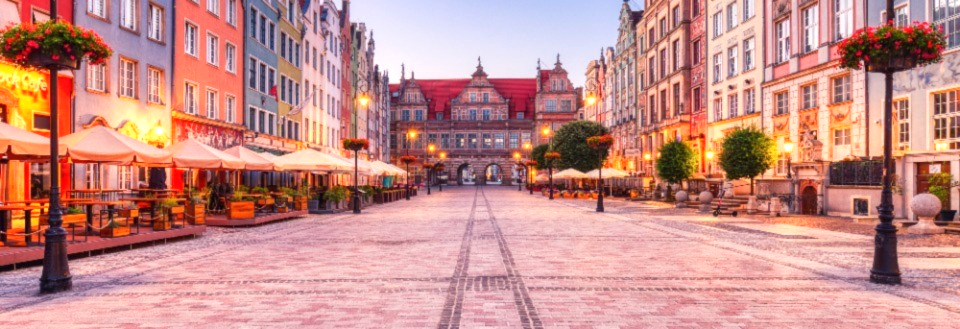In Senegal you can combine beach holiday and safari. Just down the coast the Atlantic Ocean awaits with water-skiing and deck chairs - whilst lions and elephants wait in the bushes of the amazing national parks. This is definitely Africa - with a hint of an almost forgotten colonial era flavouring the exciting cities.�
Republique du Senegal
Dakar
196.190 sq km
The official language is French, but the locals often speak wolof, pulaar, diola or mandingo.
Islam
10,051,930 (1999)
Multiparty democratic rule
Flat lands, a few hills and mountains and the long, Atlantic coastline characterize Senegal. In Parc National de Niokolo Koba you can see large mammals, of which there are otherwise few - something that the other 550 animal species easily compensate for.�
The dry season stretches from December to May, when it is very hot and the Harmattan winds blow hot, dry and dusty air in from the Sahara. The best time to go is between November and March, when it is dry and somewhat cooler. It is very hot, humid and unpleasant between July and September.�
Lonely Planet The Gambia and Senegal
Communauté Financière Africaine franc (CFA franc)
1 CFAfr = 100 centimes
It's common to give a 10-15 per cent tip.
When it is 12.00 in the UK (summer time), it is 10.00 in Senegal.
When it is 12.00 in the UK (wintertime), it is 11.00 in Senegal.
�
The following units of measure are used in Senegal:
Weight: kilogram
Length: kilometre
Volume: litre
Temperature: centigrade
It is polite to ask before taking photos of the locals.
You cannot drink the tap water in Senegal. You should either boil it, or buy bottled water.
The following current is used in Senegal:
220 V AC, 50 Hz
When meeting somebody new there is a prolonged handshake - whilst asking about the person's family and health. It might take some time, but it is rude not to shake hands or to let go too quickly.�
Shops are open 8.00-12.00 and 14.30-18.00 (Monday to Saturday).
Senegalese cuisine is based on killed fish and poultry, cooked with unique African spices for a partcular taste. Juice made from red flowers, mangos or ginger provide a refreshing alternative to soda water.�
At present there has been little done much to meet the needs of the disabled, but the government is in the process of developing a plan to make Senegal an easier place for disabled people.
�
New Year's Day, 1 January
Independence Day, 4 April
Day Off, 1 May
Assumption Day, 15 August
Christmas DaKorité
(or Eid-al-Fitr, the end of the Ramadan)
Tabaski (Sacrifice feast)
Tamkarit (the Muslim New Year)
Ascension Day
Whit Monday
Mouloud (Birth of the Prophet)
Easter Sunday
The Islamic calendar year is 11 days shorter than the Gregorian, which causes the holidays to shift a lot each year.
Camping outside of the official sites is very much discouraged because of the wild animals. You can find camping sites by the national parks and by the coast.
It is possible to stay in a floating hotel on the rivers in Senegal, but you should always reserve your room in advance during the tourist season, especially in Dakar. Hotels are divided into four categories with stars.
There are guesthouses in the national parks.
There aren't many hostels in Senegal, but it is possible to find a cheap place to sleep outside of Dakar.
Senegal has 20 airports, of which 10 are asphalted. Air Senegal provides domestic flights between all major cities, including Ziguinchor, Tambacounda , Simenti and Kedougou.
You can take the bus between the major cities quite inexpensively. Between the smaller towns you can also take a car rapide (express buses), which is often a rather badly chosen name, as they are mostly old and worn vehicles.
Children travel free until the age of three, and only pay half price until the age of nine. There are trains between Dakar and St. Louis and a train between Dakar and Mali, which stops in the small towns along the way
It is cheaper to get a taxi in the streets than call for one. Some taxis will also take you out in the surrounding areas. In Dakar, the price doubles between 24.00 and 05.00. The so-called brousse (bush taxi) operate in the surrounding areas, and are either big cars or trucks - you have to agree with your fellow passengers on where to go, though.
There have been some conflicts in southern Senegal during the past few years, and several people have been killed in the Casamance area when encountering rebel forces. There have also been many anti-personnel mines laid , so it is always a good idea to consult the locals before venturing out on your own.�
